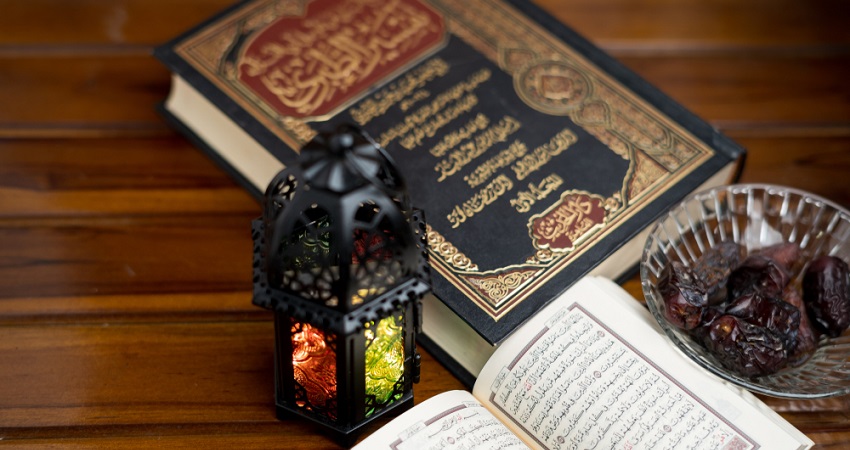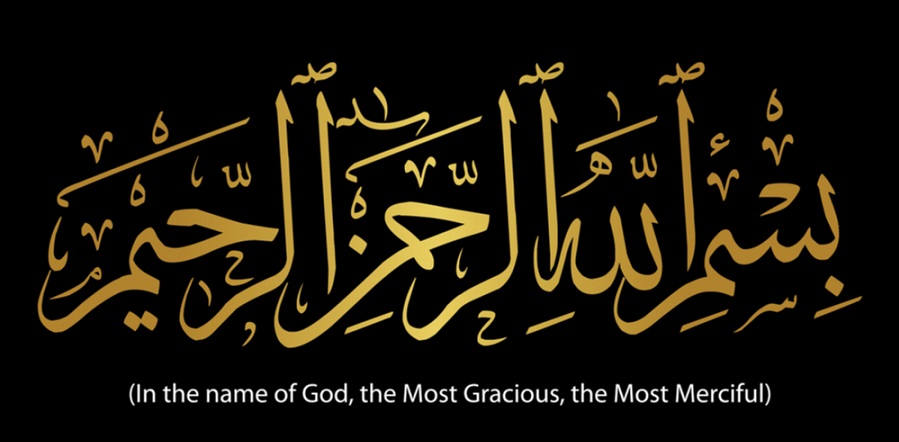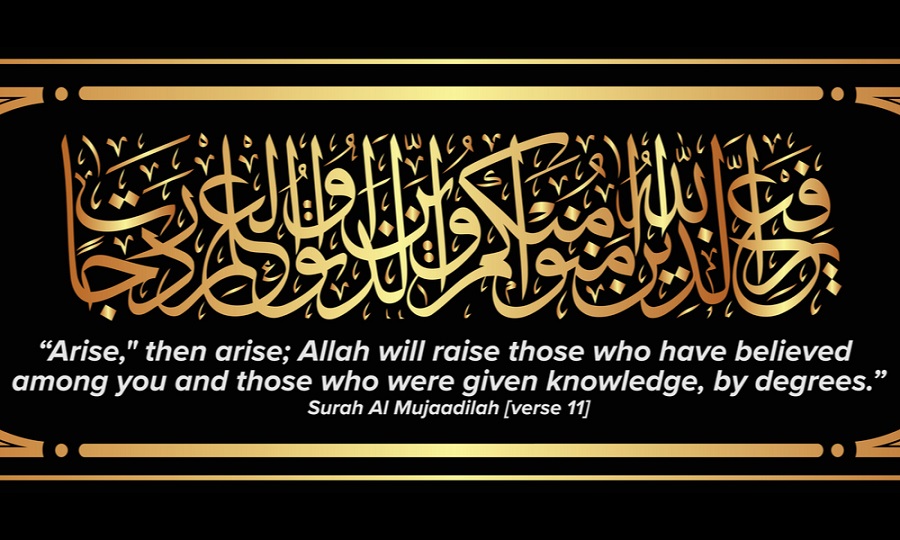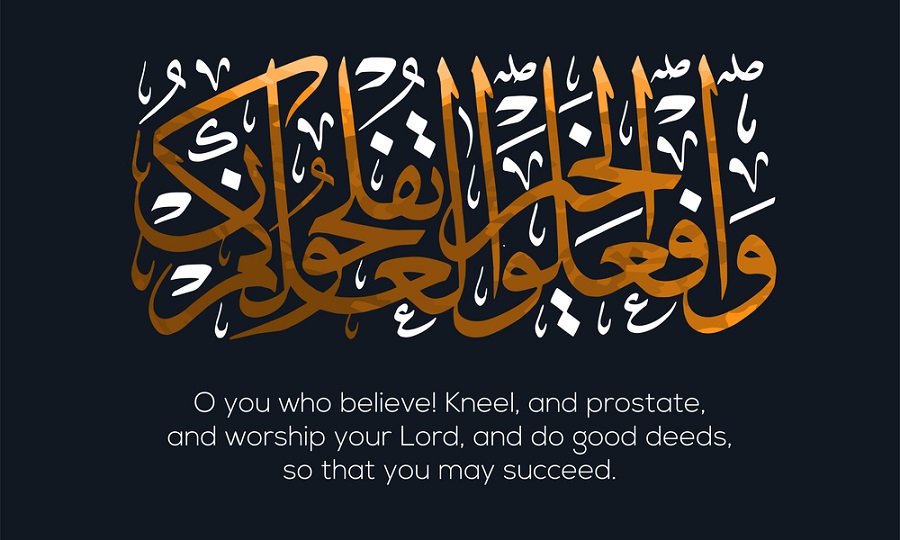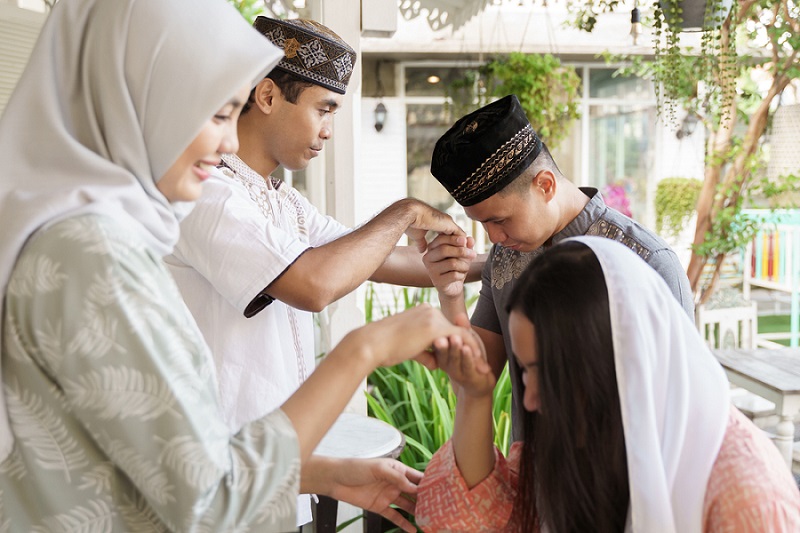Hadith is often referred to as the backbone of Islam. Every religion requires a set of basic beliefs and some traditions and principles on how to lead life. These act as inspiration and guidance for the followers besides acting as a religious law. Hadiths of Prophet Muhammad (peace and blessings be upon him) are the recordings of his words and actions, as recorded or written by multiple narrators. Hadith also elaborates on Muslims religious obligations and the right way to perform salutations.
What is Hadith?
To understand what is the meaning of Hadith, one must know that the term originated from an Arabic word, h-d-th, which means ‘to happen’. It broadly means ‘to report’ or ‘to give’ or ‘to speak of’. Through Hadith, Prophet Muhammad has shaped the lives of many households. The two reasons behind its legal acceptance are – first, the Prophet acquired a unique status among the followers and believers of Islam and second, the rapid expansion and acceptance of the religion across geography.
Hadiths in Islam
Hadiths of the Prophet are nothing but bits of his biography. Hadiths are the recordings of the preaching of Prophet Muhammad, peace and blessings be upon him. They are the moral ground on which the followers of Islam function and work in their day-to-day lives. It is the law of the religion and holds the second authority to the Quran. Its development holds a crucial place in the first three centuries of the history of Islam and provides a wide glance into the ethics and minds of the followers and culture.
Popular Hadiths of The Prophet (PBUH)
Among several, the following are the six popular hadiths of the Prophet (PBUH) that have a special place in the lives of Muslims:
1. “Those people who show no mercy will receive no mercy from Allah.” [Muslim, Al-Fada’il]
This is a hadith on mercy where the Prophet said one who does not believe in mercy cannot expect it from Allah himself. In the world, even if a person follows every word of the Quran, but cannot forgive small mistakes and be kind towards others, the person cannot be true to the religion. A merciful being can bring distinct changes in life and experience a complete change in the perspective of living. If the supreme power can forgive the gravest and heinous sins then His human followers must be able to show mercy to people around and overlook their mistakes.
2. “Wisdom and knowledge are things that the believer lacks. He should take them wherever he finds them.” [Tirmidhi, Al-Ilm; (Knowledge) 19]
This popular hadith defines the quest for knowledge. In this, the Prophet tried to explain the importance of knowledge and wisdom in life. If a person lacks it, there is no way of changing lives for the better. He emphasised the need to continuously strive for learning and gaining knowledge irrespective of the source. He believed that it was the only method for a Muslim to lead a better life.
3. “Religion is very easy and whoever overburdens himself in his religion will not be able to continue in that way. So you should not be extremists, but try to be near to perfection and receive the good tidings that you will be rewarded; and gain strength by worshipping in the mornings, the nights.” [Bukhari, Fath-ul-Bari]
Abu Huraira narrated the hadith of moderation in religion. The Prophet asks the followers of Islam to follow the teachings and rituals of a religion rather than becoming a bigot. It asks Muslims to apply the term religion in moderation rather than overburdening their shoulders. However, one must not mistake it with giving it all up. Here, the Prophet has simply explained the harms of overburden and negligence. Either of the two extremes is harmful to a Muslim. Therefore, one must make a conscious choice and keep assessing it to prevent diverting either to extremism or fundamentalism.
4. “Those who are the means of good deeds are the same as those who perform good deeds.” [Tirmidhi, Al-Ilm; (Knowledge) 14]
One of the best hadiths of Prophet, this one explains to be a means in someone’s life. Prophet Muhammad (PBUH) tried to explain how wrong it is to use people as material and discard them when their function in life or project is over. He addresses followers and asks them to become a means for carrying out a good deed. If one becomes a part of a deed or helps in achieving it, that act is as good as performing the deed. It teaches that it is not always about actions but also about intentions. Muslims must become selfless and opt to be a part of the process that brings joy and happiness to someone else’s life.
5. “It is one of the greatest sins that a man should curse his parents.” It was asked, “O Allah’s Apostle! How does a man curse his parents?” The Prophet (SallAllahu Alayhi Wa Sallam) replied, “The man abuses the father of another man and the latter abuses the father of the former and abuses his mother.” [Bukhari]
Abdullah bin Amr (raa) narrated in this hadith that it is a sin to abuse anyone in any form. The Prophet believes it to be the greatest evil of all that mankind can easily abuse another person or their parents. It only shows one’s hatred and aggression towards another being. None of the teachings of Islam supports hate, and therefore, the hadith asks Muslims to give up abusing and change their lives.
6. “No father has ever given a child a gift that is superior to good manners.” [Tirmidhi], Al-Birr (Virtue); 33]
The Prophet believed that there is no greater gift that parents can give their child other than good manners. Muslims must take inspirations from the life of Prophet Muhammad and imbibe it in their hearts and everyday life. One of the first things that a person must do while meeting someone is Salam, the Prophet has emphasised. He was a man who never lied, respected his peers and companions, had dignity and was kind. This one of the most famous hadiths in Islam urges followers of Islam to be merciful and learn good manners to transform their lives.
Hadith about Umrah in Ramadan
In one of the best hadiths by Al-Bukhari, he narrated that Ibn Abbas said “The Messenger of Allah said that performing Umrah in Ramadan is equivalent to Hajj or equivalent to performing Hajj with me”. The pilgrims receive equal blessings and rewards as the ones who have performed Hajj.
However, one must not equate Umrah during Ramadan to Hajj. It does not fulfil the obligation of the highest pilgrimage in Islamic culture. Umrah during Ramadan does not fulfil the duty of a Muslim to perform Hajj.
The Umrah in Ramadan hadith only equates the rewards at the end of the two journeys, but their significance remains unaltered. If someone has performed Umrah during Ramadan, it does not mean that the person has completed the journey of Hajj. That obligation remains unchanged.
Suggested Read: Inspiring Hadith Stories Of The Prophets About Key Human Values
Popular Hadiths of the Prophet for Muslims FAQs
What is Hadith?
Hadith began from an Arabic word, h-d-th, which means to occur. It extensively intends to report or to give or to talk about. Through Hadith, Prophet Muhammad has molded the existence of numerous families.
What are the 6 Articles of the Islamic Faith?
This incorporates the Quran (given to Muhammad), Torah (given to Moses), Gospel (given to Jesus), Psalms (given to David), and Scrolls (given to Abraham).
What is the Hadith of the Prophet?
Hadith is a record of the customs or adages of the Prophet Muhammad, respected and acknowledged as the primary source of strict laws and moral standards after the holy Quran, the sacred book of Islam.
How many hadiths did the Prophet Muhammad have?
Muwatta Imam Malik is usually described as the earliest written collection of Hadith, but Muhammad words are mixed with the words of his companions (according to one edition number, Muhammad Hadith had 822 and the other 898).
What are the 4 types of hadith?
The classification of hadith is required to know a hadith including dhaif (weak), maudhu (fabricated), or sahih (authentic) hadith.



